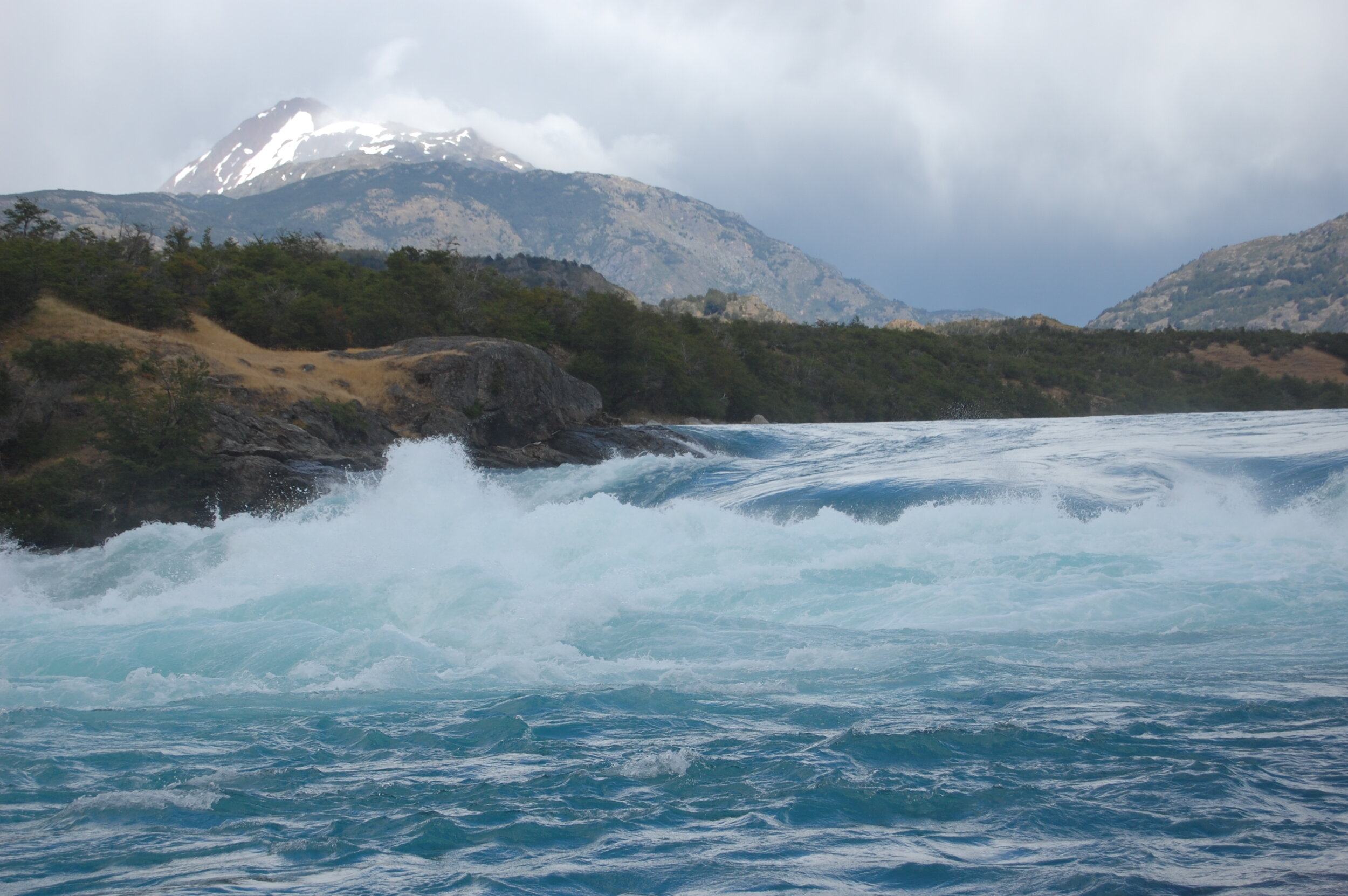Water Wisdom: How to Get Unstuck
Perhaps more than any other medium on the planet, water provides an inspiring model for living with ease, fluidity, and grace. For many of us, stepping into a life of flow is a bold aspiration, and one that is far from reality. Particularly now. In a world suffering under the weight of the Covid-19 pandemic, so many of us are not just physically stalled, but trapped in a swirl of challenging thoughts and emotions, hindered in our career paths, financial journeys, or life dreams, vacillating between okay and not-okay.
Feeling stuck is painful. Yet, there are things we can do, practices we can embrace, thought exercises we can try. In my personal journey, I’ve looked to water for her guidance. And, it turns out, she has much to teach us about how to get unstuck. Here are just six of her lessons:
1. Let go of the past.
One thing a river teaches a novice rafter, in short order, is that even when you’ve made a mistake—by say taking the wrong line and momentarily getting hung up on a rock—you must quickly readjust, let go of what just transpired, and look ahead. No doubt mistakes, hurts, and lost opportunities are painful. But, ruminating on the past only prolongs healing. While you can’t undo the past, you can work to accept it and, ultimately, to find peace by forgiving yourself and others.
2. Practice Mindful Observation.
Water beckons us to quiet ourselves, watch her intently, and clear our minds. Mindful Observation is a simple technique whereby you choose a natural object within your immediate environment and focus on it for a few minutes. It could be moving water, the rustling leaves of a tree, a wispy veil of clouds. By bringing your beginners mind you might see an object as if for the first time, noticing the nuances of its beingness—its form, colors, movement, relationship to its surrounding, its purpose, and perhaps even connect with its energy. Cultivating awareness and presence in this way helps us tap into greater spaciousness within, decrease anxiety, approach life challenges more calmly and clearly, and enhance our ability to hold compassion for ourselves and others.
3. Move your body.
Water flows with ease—adapting, stretching, dripping, pounding. We’ve all, at one point or another, found ourselves entranced by her graceful flows, her raw power, her glistening surfaces. We’ve also witnessed the way in which dams dampen her magic, diminish her sparkle, stifle life. The same happens to our bodies and, perhaps more subtly, but equally damaging, to our minds and souls. Our mobility may be limited right now, but we can celebrate movement by walking, doing yoga, or even dancing in place. Stretch, flow, jump, run, move. Science tells us this will not just make you feel good, but it will clear your thinking and improve your attention span.
4. Find your purpose.
Paulo Coelho so beautifully wrote, “The waters of a river adapt themselves to whatever route proves possible, but never forgets its one objective: the sea. So fragile at its source, it gradually gathers the strength of the other rivers it encounters. And, after a certain point, its power is absolute.” Purpose and meaning go beyond your job, responsibilities, and goals. They are about what makes you feel most alive. Psychology shows us that finding purpose and meaning helps us feel a part of something, and simultaneously, less self-absorbed, enables us to enter a state flow—where we are completely involved in an activity for its own sake and our egos fall away, and leads to greater caring, integrity, and personal growth. Now is a good time to explore questions of what makes you happy, what your favorite things to do are, and what makes you feel most fulfilled.
5. Get your creative juices flowing.
“Water symbolizes the whole of potentiality; it is fons et origo, the source of all possible existence.” ~Mircea Eliade
Water is the ultimate creator, and the beauty she spurs—dancing cranes, lilting reeds, complex microbial webs, deep sandstone caverns—is almost beyond comprehension. You, too, can enhance your wellbeing by tapping into your own creative flows. Studies show that making art, playing music, writing, and dancing provide physical benefits, including strengthening your immune system and helping to manage pain, while elevating mood, enhancing self-esteem, healing trauma, and decreasing anxiety, depression, and distress.
6. Start with small changes.
At times, water displays her raw power with lashing rains, surging tides, and rogue tsunamis. These angry outbursts can be transformative. Yet, her deeper power comes through persistent action. In gentle trickles over eons, she wears through layers of rock to form deep canyons; with constant tidal currents she carries sand along shorelines, distributing it in rhythmic beach cusps; with consistent cycles of wetting and drying, she spalls stone. Over years, she sweeps through watersheds, collecting inorganic minerals and organic matter, and brings them to the sea in an alchemical stew to bestow life. Small changes in your daily choices matter. They may feel inconsequential, but making small changes serves to decrease feelings of overwhelm while allowing your mind to develop new habits. And, over time, small changes will accumulate and help you accomplish your goals.
I invite you to dive in and explore one or more of these practices and see if it helps you feel even a little bit less stuck.
